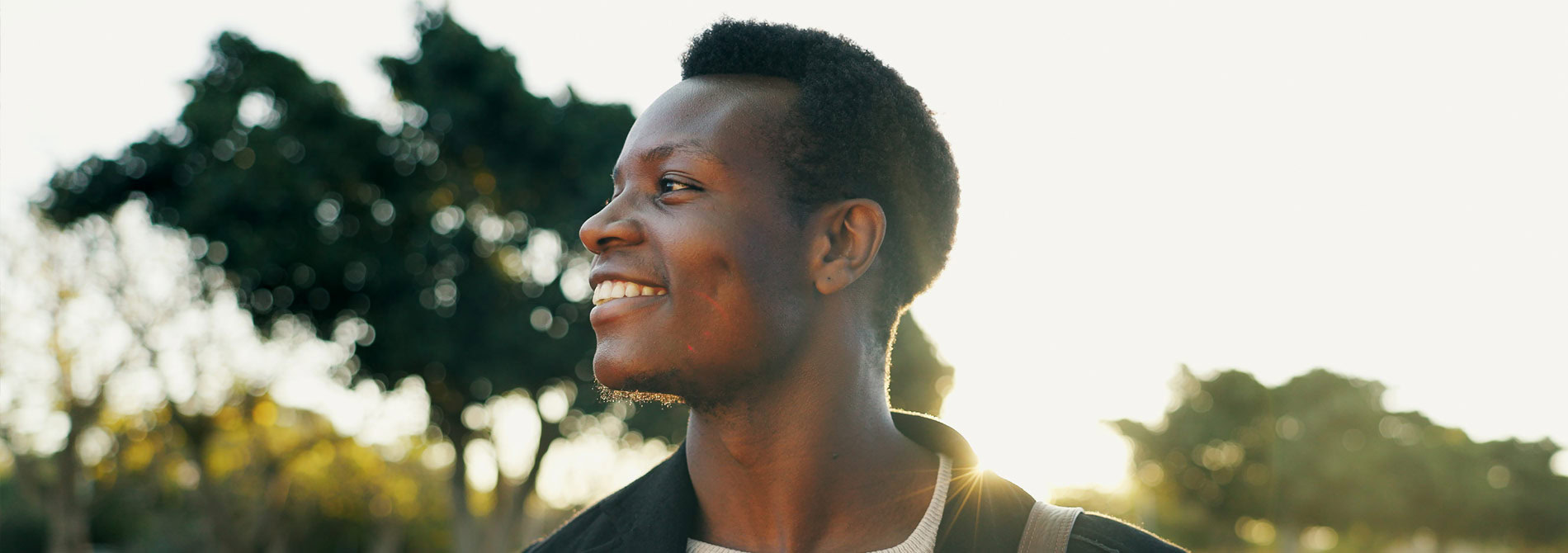Every family has their quirks, which make them stand out from every other family. Beyond quirks, family systems present specific dynamics which both positively and negatively contribute to the function of a family. Each family member has a role to play, which they are either inadvertently given by other members of the family or that they grow into naturally. Family roles contribute to the overall family dynamic and vice versa, which can lead to comfortable, familiar dysfunction that families simply get used to.
Specifically, family dynamics are the ways that family members relate to each other, interact with each other, and provide love, as well as support, to each other.
If you or a loved one need help, call our admissions team today at 561-841-1033.Years of lessons taught from one family dynamic to the next shape each generation of families. Family dynamics extend beyond the immediate nuclear family of parents and siblings, which means that layers of family dynamics can be involved at once from grandparents, aunts, uncles, cousins, and more. With a jumble of personalities, personal experiences, and family roles at play, family dynamics can sometimes become tumultuous, chaotic, dramatic, and hurtful to the family. Gaining an understanding of family dynamics and participating in family therapy gives every family system an opportunity to heal.
What Contributes To Family Dynamics?
In addition to generations of learning, there are other factors which contribute to the development of family dynamics, including:
- Parental Relationships Together:
– Are the parents together or divorced?
– Are the parents in a loving relationship or a conflicted relationship?
– Do the parents show affection and have healthy boundaries or is there abuse and coldness?
- Parental Relationships With Children:
– Are parents strict with their boundaries or too flexible?
– Do parents demonstrate any kind of abuse- physical, emotional, mental, verbal, or sexual?
– Are parents emotionally available or far removed?
- Personalities of Family Members
- Communication Between Family Members
- Trauma in the Family
- Addiction in the Family
- Mental Illness in the Family
Kinds Of Families
Family dynamics can be further influenced by the kind of family and family system. Not all families include both parents and a number of children but have different combinations of family members. For example, there is the Nuclear Family which includes the parents and the immediate children. When parents divorce, remarry and have other children, there is a Stepfamily. Without another spouse, but still including a child, there is a Single Family. When there are a husband and wife, but no children, there is a Childless Family. Outside of the immediate family system, grandparents might be involved in raising children, creating a Grandparent Family. Other cousins, aunts, uncles, family members, or even close family friends can make up the Extended Family.
Family Roles
Especially in family dynamics when one member of the family is living with active addiction, family roles can become problematic in contributing to negative relationships. Through family therapy, each family member has an opportunity to discover the role that they have adopted, how that role contributes to the family system, and what they can do to break the bonds of that role in order to heal the self as well as the family. Common family roles include:
- PeaceKeeper: When conflict arises in a family system there is typically one family member who attempts to keep the peace between every family member and among the family as a whole. Peacekeepers will often do their best to people please, take care of, and placate the family. Unfortunately, instead of solving any problems, a peacekeeper only covers up problems, hoping to make them simply disappear.
- Scapegoat: A family who focuses their efforts on a “problem child” has a scapegoat. Though the problematic behaviors of a “difficult” child can be an issue, there is usually a number of other factors contributing to this child’s behavior. With their “issues” in the spotlight, they can take the brunt of the blame for family dysfunction.
- Care Taker: Much like the peacekeeper, the caretaker member of the family attempts to placate chaos as much as possible. When a family member is living with active addiction, the caretaker tends to latch on to specifically that family member, often enabling and covering up the problems caused by addiction.
- Mascot: Most family dynamics include a “mascot” or the “frontman” of the family who uses humor, achievement, talents, or personality traits to ease the stress and divert attention away from any difficulties.
- Hero: While the “mascot” family member uses humor as a distraction, the hero child uses their achievements and talents to distract. Often overachieving as a way of overcompensating for other difficulties, the “hero” acts in an over-responsible way to create a state of what they believe to be “normal”.
- Lost Child: All of these family dynamic roles beg attention in one way or another, creating quite the scene when a family includes multiple roles. As a result, one or more family member can “fly under the radar” by keeping quiet and keeping to themselves. Though they are never forgotten, they do become somewhat “lost,” which can lead them to feel isolated and alone in their own home.
Every family has a chance to heal from addiction, mental illness trauma, and whatever other factors might contribute to family dysfunction. Let your healing start today. If a loved one in your family is in need of treatment, we’re here to help.
Hanley is a well-known care provider offering a range of treatment programs targeting the recovery from substance use, mental health issues, and beyond. Our primary mission is to provide a clear path to a life of healing and restoration. We offer renowned clinical care for addiction and have the compassion and professional expertise to guide you toward lasting sobriety. For information on our programs, call us today: 561-841-1033.




